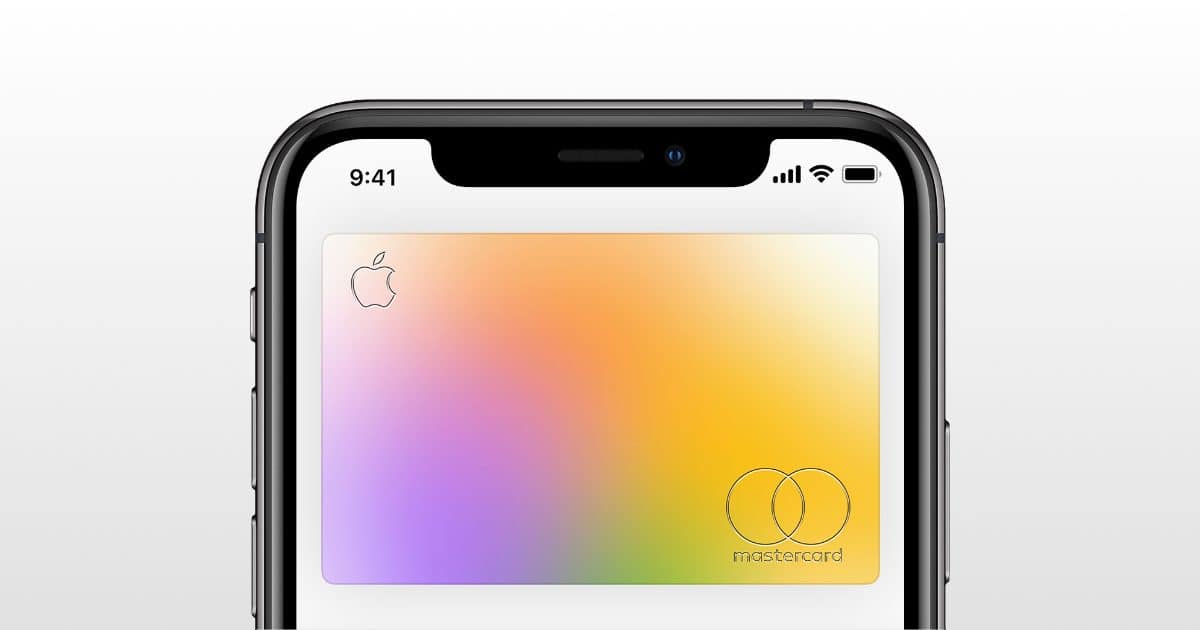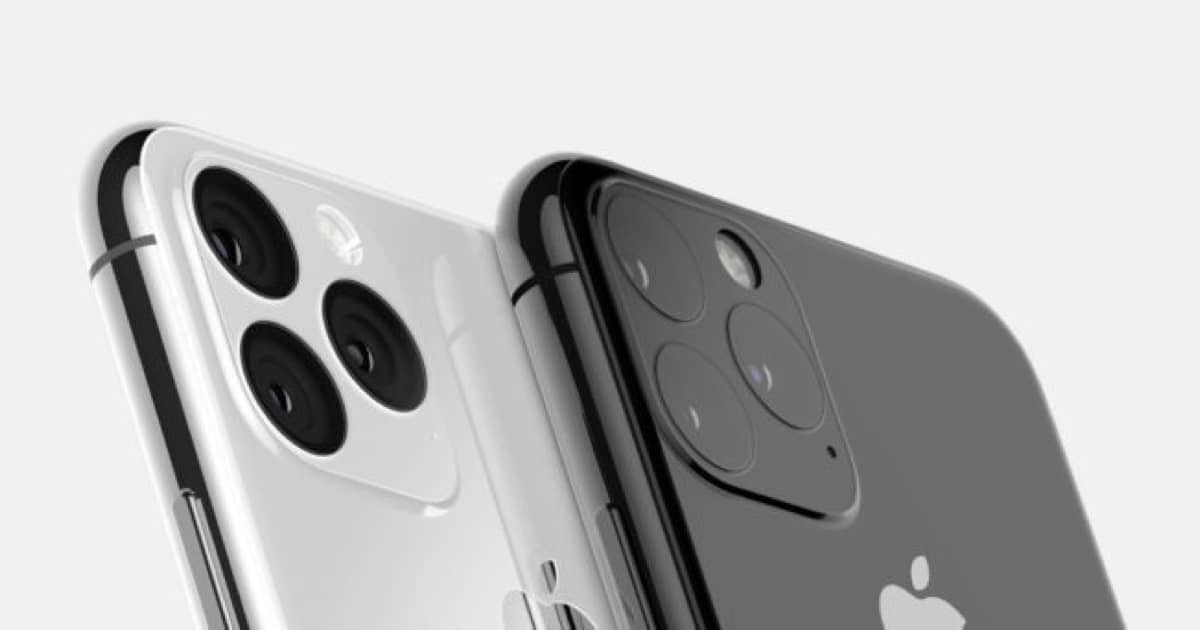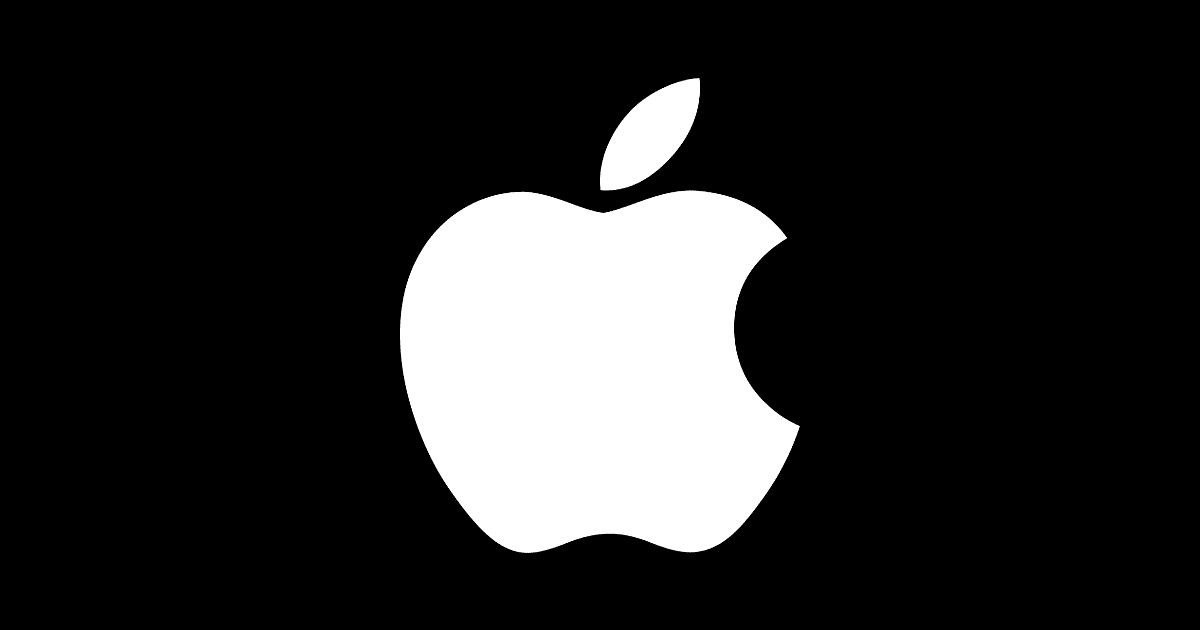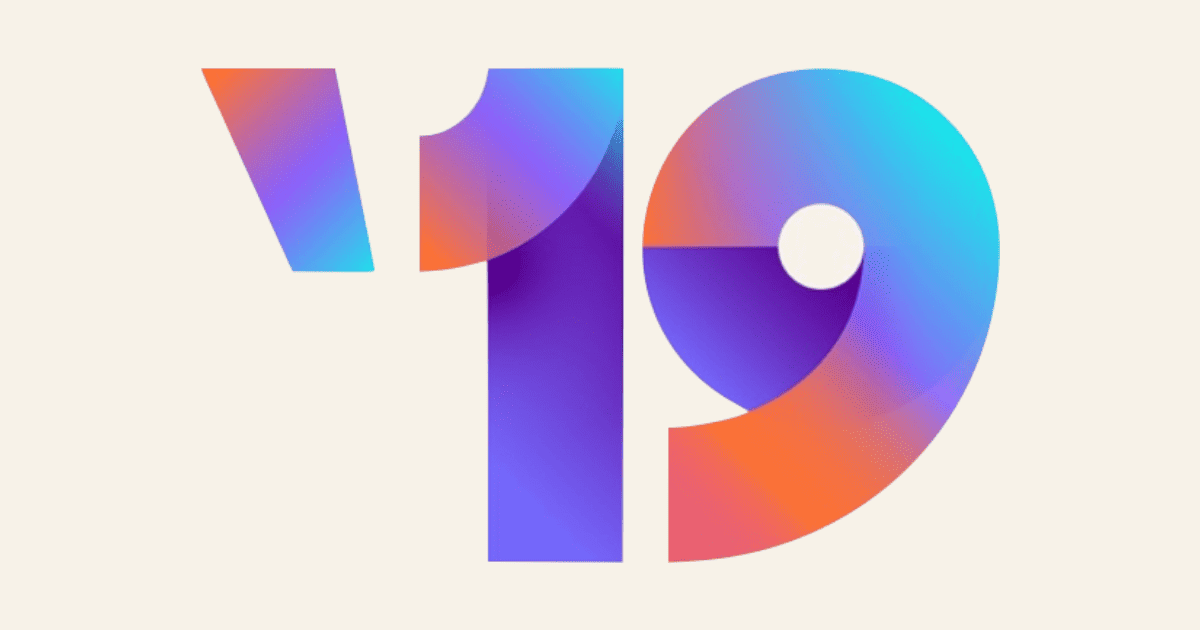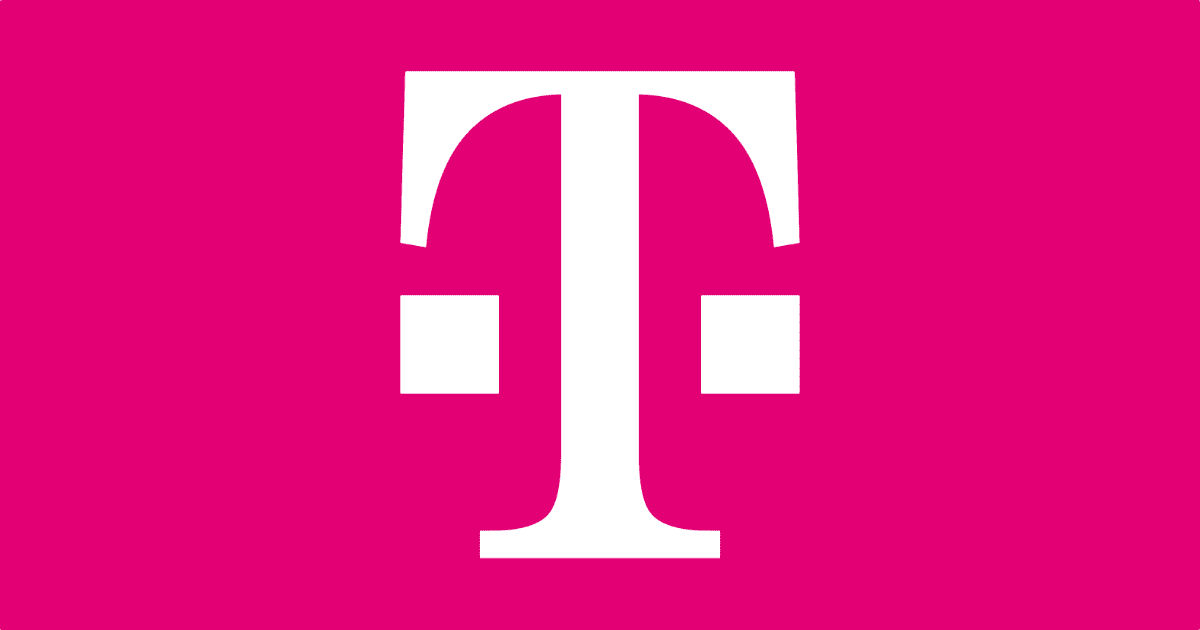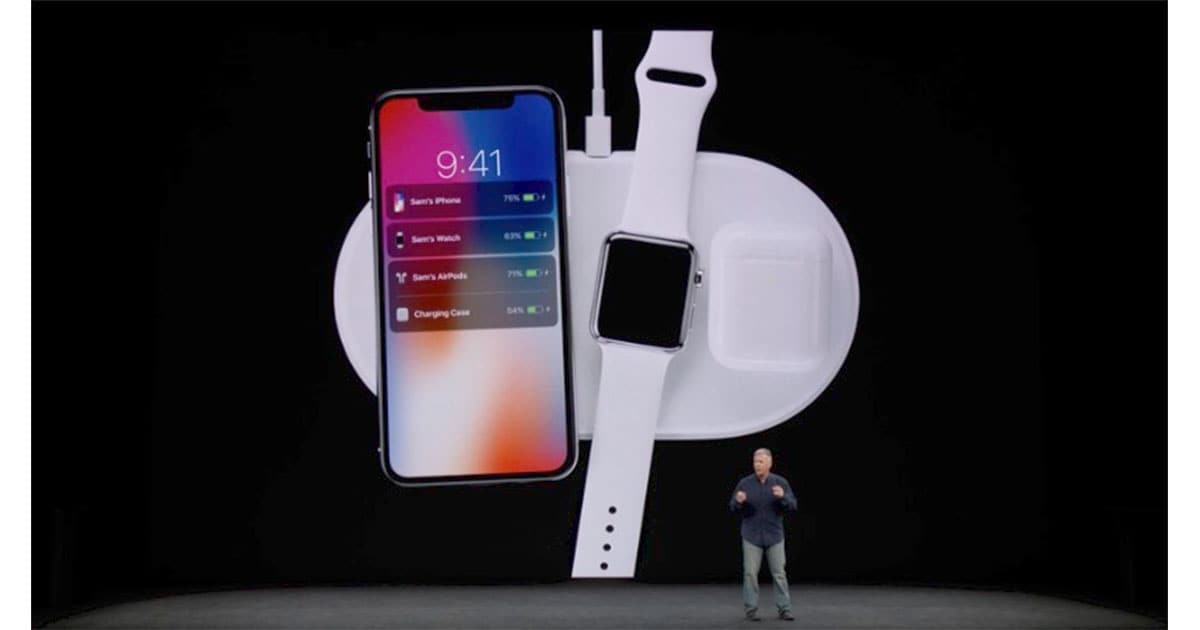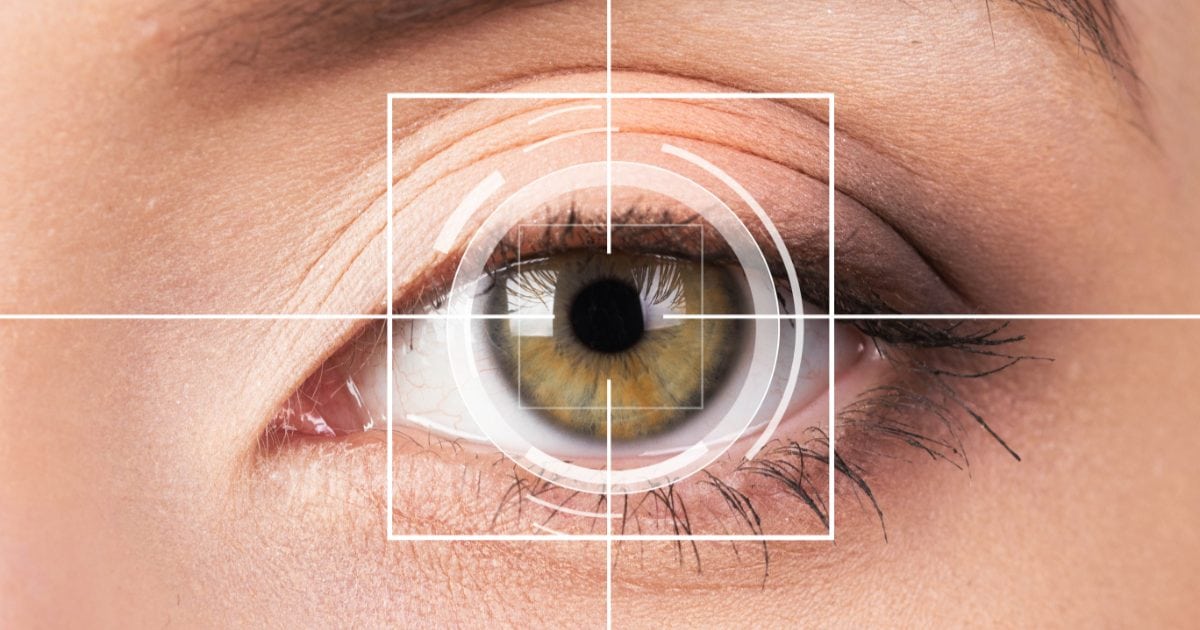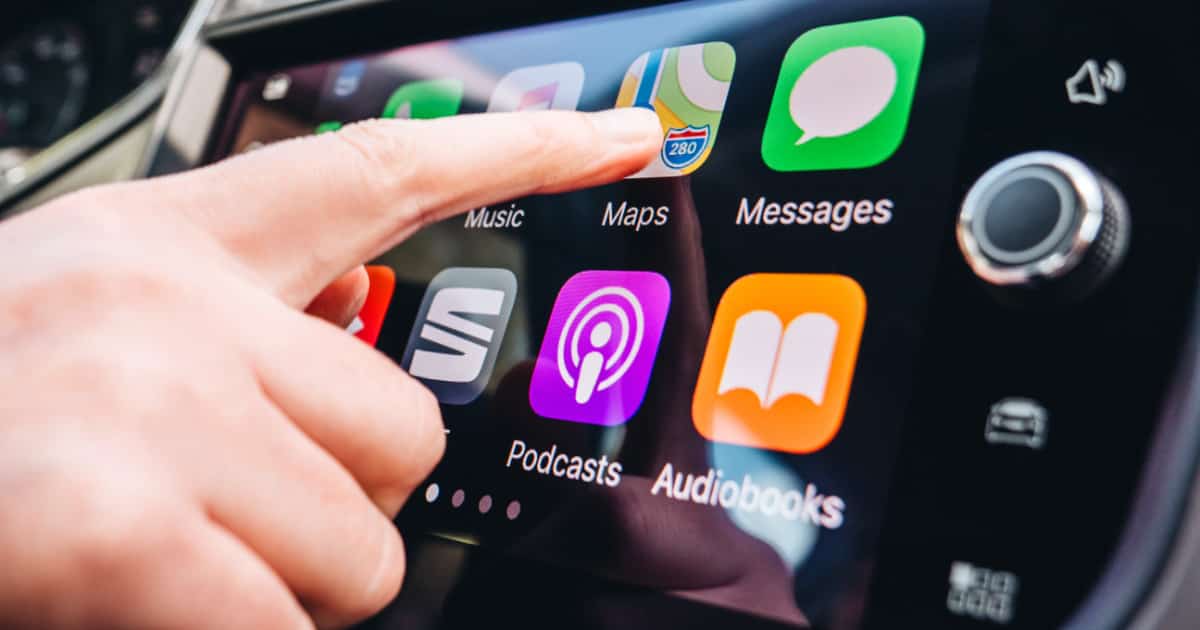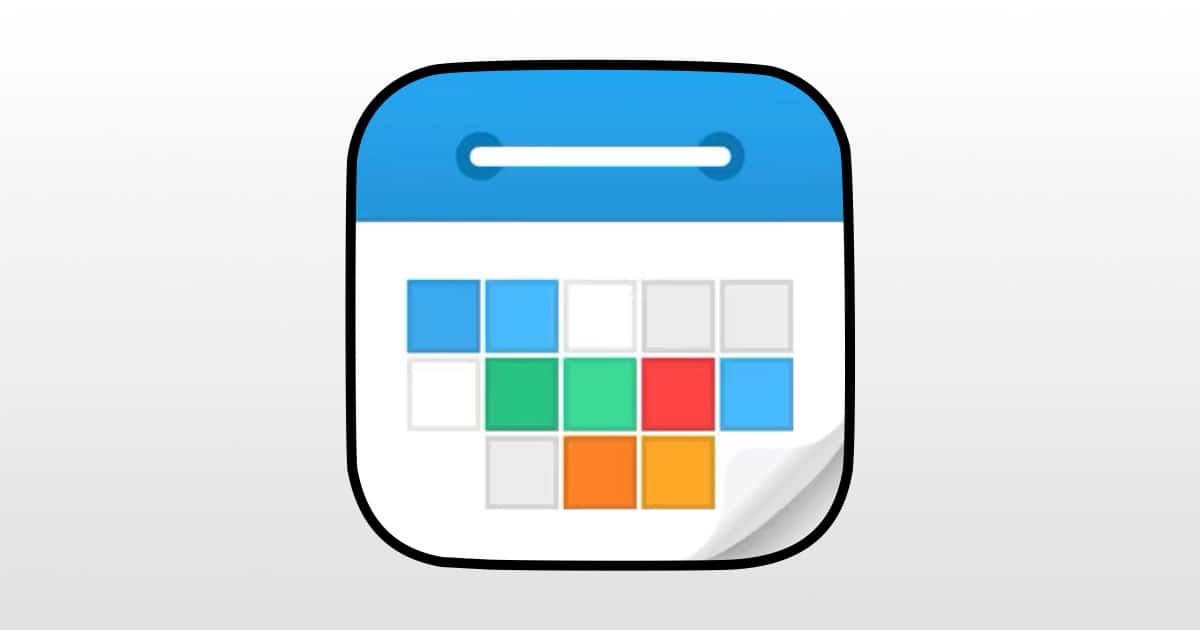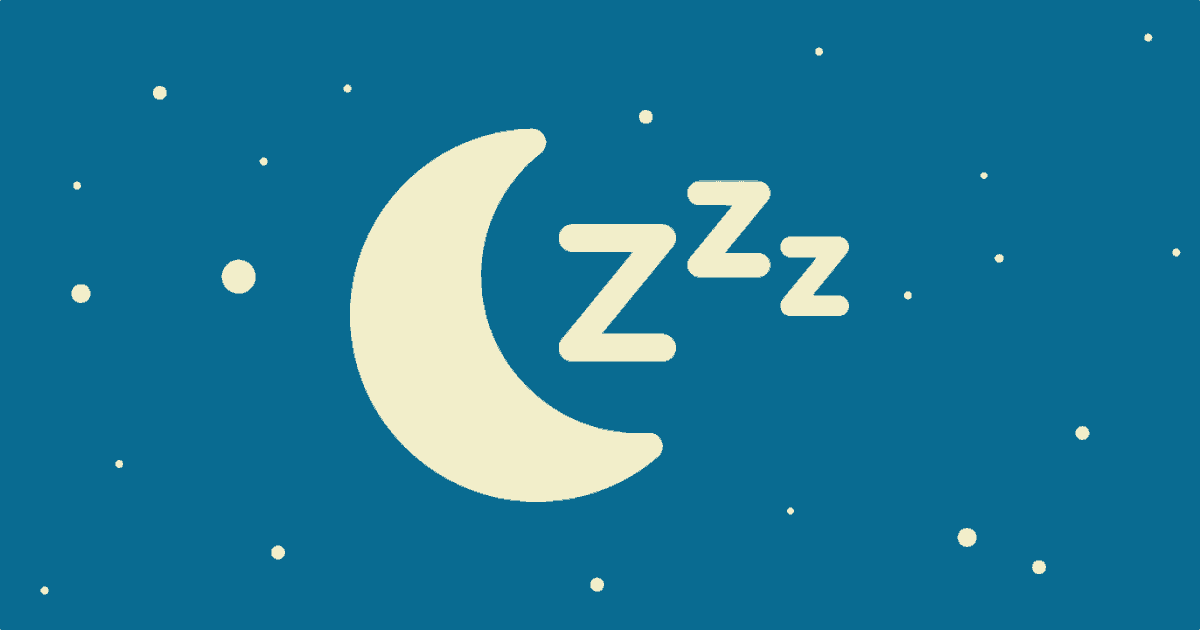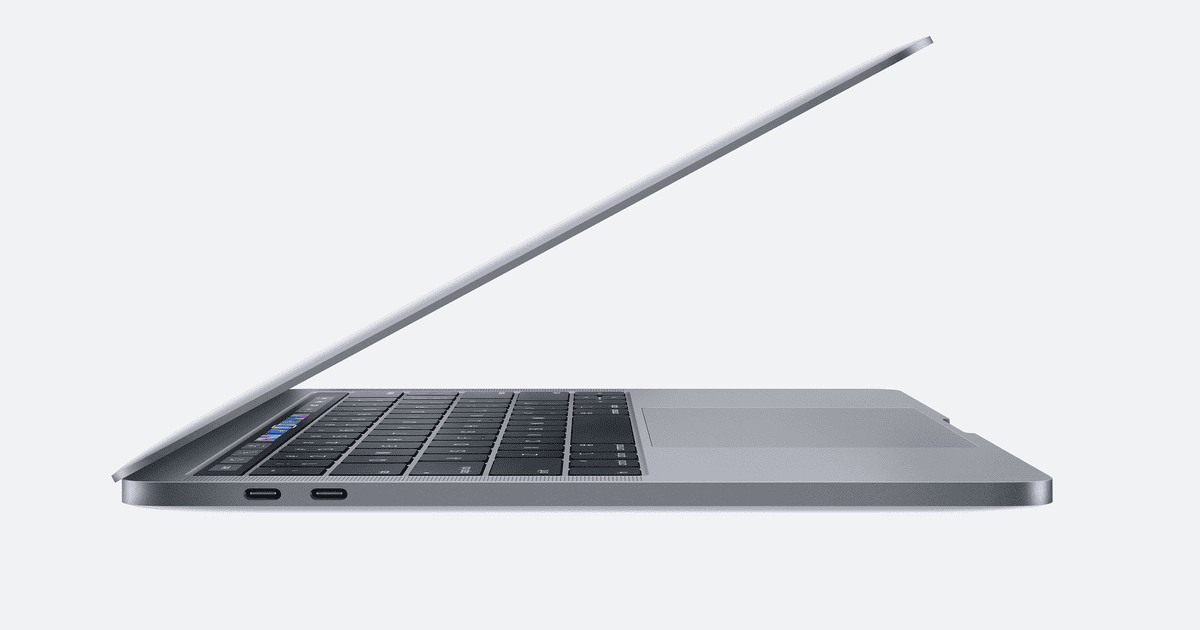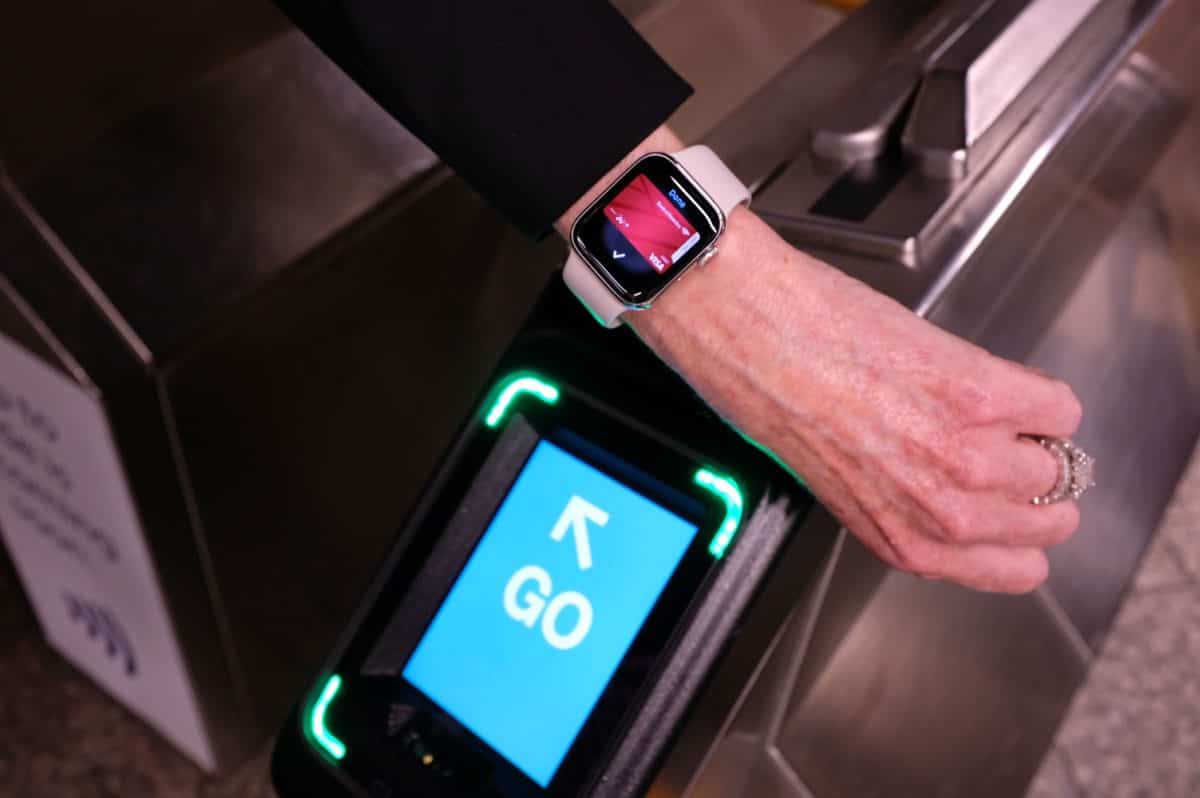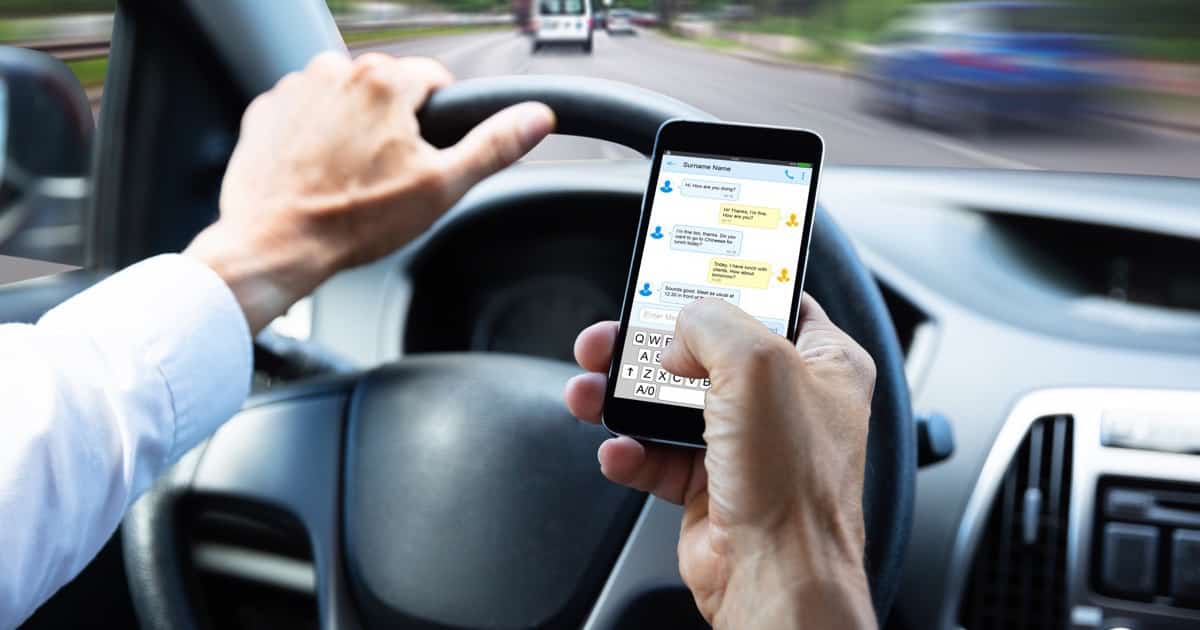Enter our new international giveaway for a chance to win the brand new iPhone 16 Pro.
Apple Tech Transitions, Port-Free Prediction – TMO Daily Observations 2019-12-05
Andrew Orr and John Martellaro join host Kelly Guimont to discuss Apple’s technology evolution, and the latest in iPhone speculation.
Credit Bureaus Start to Add Apple Card to Reports
Goldman Sachs tweeted today that credit bureaus are starting to add the Apple Card to their credit reports, starting with TransUnion.
Apple Explains its Location Data Collection on iPhone 11 Models
Security researcher Brian Krebs found that his iPhone 11 Pro accessed his location even when turned off. Now Apple has explained why.
A History of Apple’s Technology Transitions
Martin Pilkington wrote a long blog post detailing Apple’s technology transitions over the years. These are the big, fundamental changes, like going from Motorola 68k to PowerPC in 1994. In fact, the transitions are put into two categories: CPUs and APIs. It’s a great read about Apple’s history.
A lot of the controversy comes down to people not understanding the how or the why of these transitions, and why Apple ultimately drops the old technology. So I thought it would be useful to explore Apple’s history of transitions and try to explain some of the reasons for this latest one in a way everyone can understand.
Here’s How to Get Your Apple Music Replay Mix
Apple Music Replay lets you see the top songs, artists, and albums you’ve listened to this year. Here’s where to find it and download it.
T-Mobile 5G Currently Two-to-Four Times Faster Than 4G/LTE
T-Mobile turned on the U.S.’s first-ever nationwide 5G Network this week. Venturebeat gave it a test-drive.
Thankfully, my initial testing of T-Mobile’s low-band 5G network revealed a more complex reality than the company’s conservative figure. The good news is that low-band 5G downloads peaked at 227Mbps, 2-4 times faster than T-Mobile’s LTE service at the same locations, and far higher than the aforementioned 20% estimate. But the bad news is that you won’t always achieve the peak speeds, and — surprise — early T-Mobile 5G phone adopters can’t actually use 5G for tethering, only smartphone service.
AirPower, And Other Products And Firms That Died This Decade
There are plenty of firms and products that were with us a the start of the decade that are no longer around. CNET compiled a list of some of those that have disappeared or never even existed. This includes Apple’s much-hyped AirPower charging mat, that never got shipped.
Sometimes they just feel dead because a company doesn’t update or even mention them for a while. The Apple iPad Mini, Mac Mini, MacBook Air, Mac Pro and iPod were on our endangered list for years before Apple surprised us with upgrades to all. On the other hand, the company’s AirPort router line and Time Capsule backup drive also were on a long death watch until they finally landed on Apple’s vintage and obsolete product list this year. You just never know… Apple, with its much-hyped-but-never-shipped AirPower wireless charging pad is my Could’ve Been King of the decade. Google’s Project Ara modular phone and Theranos’ unproven blood-testing tech are other rivals for the position, but while highly newsworthy, neither felt as eagerly anticipated by the tech world as the AirPower.
Consumer Groups Call For Investigation into 'Predatory' Collection of Children's Data
A collection of consumer groups is calling on the Federal Trade Commission to look into how digital media firms target children.
Apple Music Users Teased As People Share Their #Spotifywrapped Playlists
Spotify users have been sharing their #spotifywrapped playlists of 2019, and teasing Apple Music subscribers at the same time.
Amazon to Face Cloud Business Antitrust Probe
Investigators in the U.S. are set to expand their antitrust probe to Amazon’s cloud business – AWS, Bloomberg News reported. The Federal Trade Commission was already investigating the firm’s retail business.
Investigators at the U.S. Federal Trade Commission have been asking software companies recently about practices around Amazon’s cloud unit, known as Amazon Web Services, said the people, who declined to be named because they weren’t authorized to speak publicly. The outreach by the FTC signals that the agency, which is already looking at Amazon’s conduct in its vast online retail business, is taking a broader look at the company to determine whether it could be violating antitrust laws and harming competition. The FTC and Amazon declined to comment. The agency’s scrutiny won’t necessarily result in an enforcement action against the company. AWS dominates the market for foundational cloud-computing technology that provides the storage and computing power needed to run applications. It is several times bigger than its next largest rival, Microsoft Corp.’s Azure, according to analyst estimates. Gartner Inc. puts AWS’s share at 48% and Microsoft’s at 16%.
US Among Top 5 Worst Countries for Biometrics Privacy
The United States is one of the worst countries in the world when it comes to the privacy of citizens’ biometrics data.
While there is a handful of state laws that protect state residents’ biometrics (as can be seen in our state privacy study), this does leave many US citizens’ biometrics exposed as there is no federal law in place.
Apple Doesn’t Truly Let You Change Search Engines
Apple lets you go into iOS settings and change your default search engine. But Google is still the default engine when you search via Spotlight.
BMW No Longer Charges for Apple CarPlay
BMW originally charged its customers a US$300 lifetime fee to use Apple’s CarPlay. Now the manufacturer has eliminated the fee.
Calendars by Readdle Now Lets You Add Outlook Accounts
Another popular app got an update today. Calendars by Readdle (and also Calendars 5) now lets you add Microsoft Outlook accounts. Support for multiple accounts was also added. This means you can now have Google, iCloud, and Outlook (Exchange) accounts in the app simultaneously. This is in the Pro version of Calendars 5, which is on sale for 40% off (usually US$3.99). Other features include: Drag and drop events; Manage events both online and offline, Special keyboards; Search, and more. App Store: Free (Offers In-App Purchases)
Dutch Politician Faces Prison for iCloud Hacking
Dutch politician Mitchel van der Krogt., who also moonlighted as a hacker, is believed to have participated in 2014’s Celebgate.
ZapReader Speed-Reading 1-Year Subscription: $8.50
We have a deal on ZapReader, a speed-reading trainer. ZapReader includes advice from experts, and offers scientifically designed exercises to remove bad reading habits automatically. One year of ZapReader is $9.99 through our deal, but coupon code BFSAVE15 brings the price down to $8.50 at checkout. There’s a three-year option available in the deal listing, and the coupon code works on it, too.
Location Data, Background Mode – TMO Daily Observations 2019-12-04
Bryan Chaffin and John Martellaro join host Kelly Guimont to discuss sending location data to Apple (or not), and John’s new Background Mode.
Why You Should Turn Off Your Sleep Tracker
Sleep trackers, including apps on the Apple Watch, have become increasingly popular. However, an article for Wired suggests they may not be doing us all that much good.
Sleep has become one more thing to feel guilty about, even when the data we’re consulting is often flawed or incomplete. It’s one more number we didn’t hit, one more goal we didn’t achieve. Pangs of guilt follow every new study reminding us of this magical panacea, if we would just turn off Netflix, forget our social lives, emails, and all the dishes in the sink, and just climb into bed. Sleep may be a biological necessity, but our stress over it is a choice. So let’s put the issue to bed. Hit the snooze button on this one!
Apple Admits to Problem with Some 2019 13-Inch MacBook Pros
Apple admitted that there are issues with some 2019 13-inch MacBook Pros, with certain models experiencing unexpected shutdowns.
How to Turn on Apple Pay Express Transit Mode in iOS 13
Apple Pay Express Transit Mode is rolling out in more places, making it easier to pay for travel. It is also incredibly easy to turn on.
Apple Collects Location Data Even if You Say No
Security researcher Brian Krebs discovered something about his iPhone 11 Pro. It continued to collect location data even when disabled.
How to Sign up for Apple News Email Newsletter
You can sign up for an Apple News email newsletter to get daily updates on the top stories of the day, handpicked by Apple editors.
Football Manager 2020 Mobile Does Justice to This Great Game Series
Football Manager 2020 Mobile, available on iOS, is a highly-powered version of the hugely popular sports simulator game series.
Traffic Cameras Could Soon Tell if you Text and Drive
Australia will soon install a camera system powered by machine learning that is designed to spot mobile phones in cars.
To let drivers adjust, warning letters will be sent to those spotted using phones by the cameras for the first three months. Australia uses a points system for drivers — unrestricted driver’s licenses have 13 points. After the first three months, drivers caught using their phones illegally will lose five points and be issued a $344 fine. During other periods, the penalty could increase to 10 points. If a driver loses all of their points, they could lose their license.
Distracted driving is absolutely a serious problem, but I don’t think more surveillance infrastructure is the answer.


